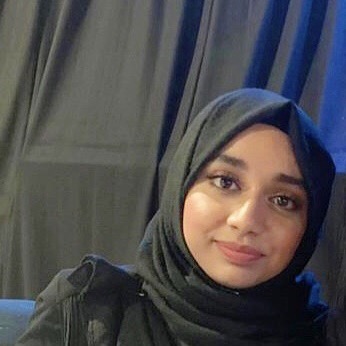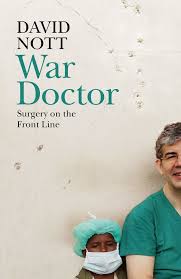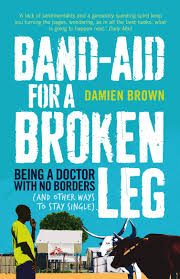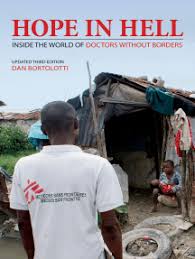A Quick Guide to Humanitarian Medicine
- Maria Chowdhury

- Jul 4, 2020
- 3 min read
By the Friends of David Nott Foundation at Manchester Medical School
What is humanitarian medicine?
Humanitarian medicine is the provision of medical care to those in need: be that living in a war zone, having experienced a natural disaster, living in areas with limited resources or political agendas. It may involve providing immediate life-saving care or long-term primary care. Epidemic management, provision of a surgical specialty for a short time, promotion of health awareness and educational campaigns are all aspects of humanitarian medicine. Normally, this occurs in countries other than the UK, USA, and “Western” Europe. Facilities are often makeshift, recycled, or rundown, and resources are limited. Personnel usually work on a voluntary basis, facing medical challenges as well as political, socioeconomic and logistic challenges.
How can I prepare for a career in humanitarian medicine?
Read Up
Many healthcare professionals have documented their experiences from missions with humanitarian aid organisations. The Friends of David Nott society was formed following the release of Dr Nott’s book “War Doctor” (pictured second) which we highly recommend.
For further reading check out MSF’s reading list: https://www.msf.org.uk/msf-reading-list
For more information you can also visit websites of organisations who recruit volunteers for humanitarian medicine to read about their campaigns in war zones or disaster zones, or in areas of chronic underdevelopment and poverty.
Learning Languages
Learning languages for me has always been less of an academic exercise and more about human connection. When a humanitarian healthcare professional goes to a country that speaks a different language, there might not be an interpreter on site and might need to rely on local healthcare professionals to interpret taking them away from their roles. So, I see this as an excellent way to reach the patients and develop a much more effective rapport which will undoubtedly change the dynamic of a consultation. Because of this, having another language under your belt is highly regarded by humanitarian organisations; making it a great skill to learn to prepare for such work.
by Khalifa, 2nd year medical student
With the internet at our fingers, it is easier than ever to learn a language. You can sign up for classes at your university, download an app, listen to music, watch shows online or find a friendly foreign language speaker to practice with. I chose Spanish as it is one of the most spoken languages and humanitarian medicine is often required in underdeveloped Spanish-speaking countries, but French and Arabic are also very widely spoken, and any extra language is a bonus. Some humanitarian organisations require you to have proficiency in another language; we would recommend you at least learn basic medical consultation skills even if you aren’t fluent!
By Ammani, 5th year medical student
Take courses
At university you can attend extracurricular courses or lectures, and some of these can help you begin key skills that will help you as a doctor in any country. For example, emergency first aid, basic life support, surgical skills, inserting lines are all things that are never too early to learn. Some organisations such as expedition medicine or the military may even be willing to take you to practical simulations to get some experience using the skills in a less comfortable environment.
How can I help right now?
Join a society
There are many societies at university, and some are a great place to meet people who have the same aspirations. At the University of Manchester, we have Friends of David Nott Foundation, as well as Friends of Médecins Sans Frontiers, and the Global Health society, who all have an interest in humanitarian medicine.
At Friends of David Nott Foundation, we work hard to compliment the great work done by the David Nott Foundation. Our jobs include:
Raising awareness, such as film nights of movies about humanitarian medicine, or writing this article!
Educational activities, for example inviting doctors, nurses or academics who have experienced humanitarian medicine to come and teach medical students about it
Our society held a language series where we taught each other some basic introductions and medical phrases and terminology in French, Spanish and Arabic
Fundraising, through socials, bake sales, sports days or donations at educational events
Gap year
If you are taking a gap year, you may be able to join a humanitarian mission, even as a volunteer admin or fundraiser in the UK. This experience is still useful and really beneficial to allow organisations to continue to run and provide care.
Summary
We hope this brief intro piqued your curiosity and inspires further researching. Please follow our socials and get in touch with your thoughts!
Instagram: @fdnfmanchester
Facebook: @fdnfmanchester
Twitter : @fdnfmanchester












Comments